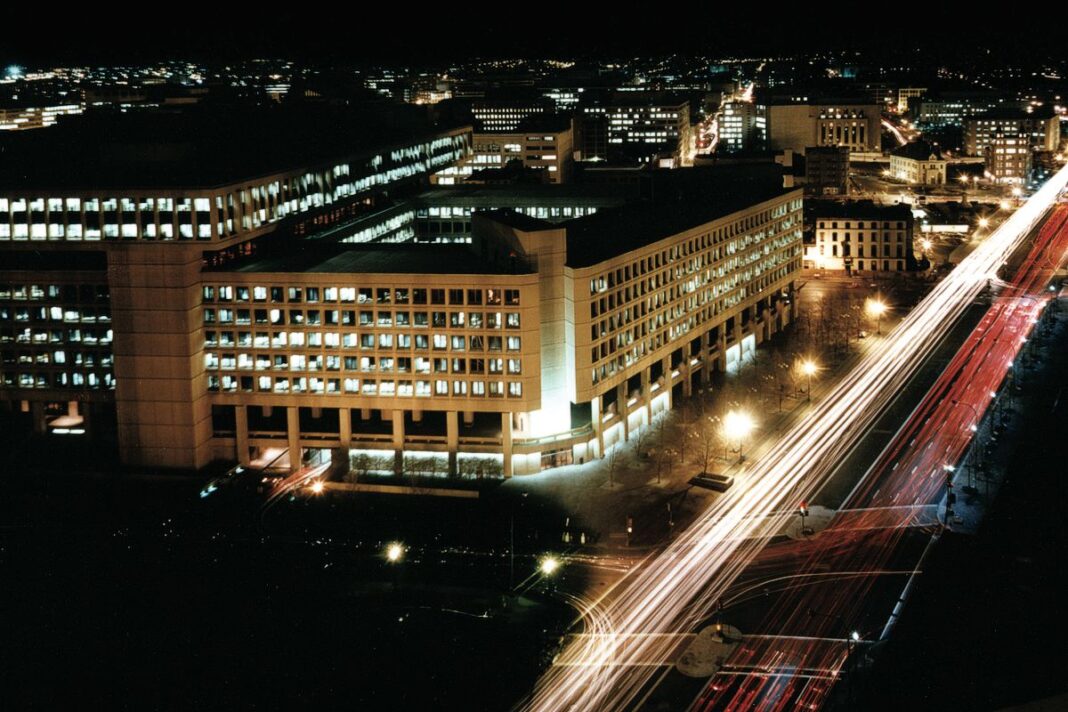An immigration judge said the government had adequately shown ‘clear and convincing evidence that he is removable.’
An immigration judge has ruled that Columbia University graduate student Mahmoud Khalil is eligible for deportation under a decades-old federal statute.
Immigration Judge Jamee Comans found that due to his involvement in the pro-Palestinian protests that rocked Columbia in the waning days of the Biden administration, Khalil’s continued presence in the United States raised “potentially serious foreign policy consequences.”
It’s the latest development surrounding the efforts of Secretary of State Marco Rubio to deport Khalil under the McCarran-Walter Act of 1952, which allows the secretary to make the determination that a noncitizen’s continued presence in the United States poses a risk to the government’s foreign policy aims.
Comans said the government had adequately shown “clear and convincing evidence that he is removable.”
Khalil, a lawful permanent resident in the United States but not a citizen, was arrested on March 8 in his university apartment—the first of several arrests resulting from the Trump administration’s policy to deport students who took part in the protests and riots at major universities across the United States in 2024.
Following the arrest, Khalil was transported from New York State for holding under immigration authorities in Louisiana.
Officials have promised to prioritize the deportation of individuals who pose public safety or national security threats. Targets have included criminal gang members and those connected to or supporting terrorist organizations.
In 2024, pro-Palestinian protests and riots broke out at colleges and universities across the United States as student protesters criticized Israel’s then-ongoing military operation against the Gaza-based Hamas terrorist group in response to the group’s attacks on Israel on Oct. 7, 2023, that left more than 1,100 dead and more than 250 kidnapped.
The protests popped up at colleges and universities across the nation, and were especially common at elite institutions—with Columbia leading the pack in controversy.
Khalil, 30, became the face of these protests at Columbia last spring, acting as a spokesperson for the demonstrators.
Jewish students also reported that they faced escalating threats and harassment from pro-Palestinian protestors on campus.
Rubio determined that Khalil qualified for deportation under the 1952 law, which prohibits “presence or activities in the United States the secretary of state has reasonable ground to believe would have potentially serious adverse foreign policy consequences for the United States.”
At the Friday hearing, held remotely at the facility where Khalil is being held, Comans ruled that he had no basis to challenge that determination.
By Joseph Lord






